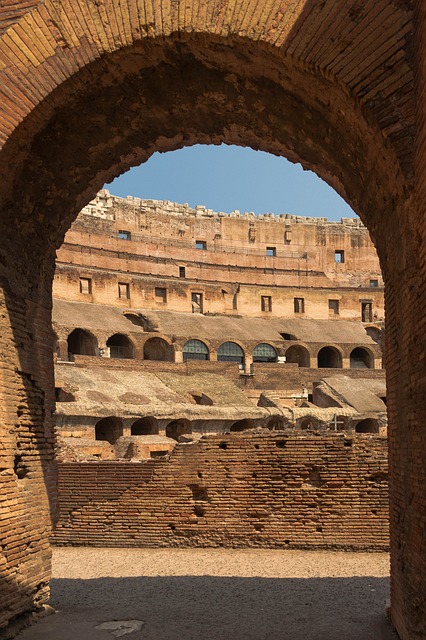Excommunication: A History of Banishment
Excommunication, the act of excluding someone from a religious community, has been practiced for centuries. Throughout history, famous figures have faced excommunication for a variety of reasons, including heresy, rebellion, and immorality.
Martin Luther
Martin Luther, a 16th-century German theologian, was excommunicated from the Catholic Church in 1521. His teachings on salvation by faith alone and the authority of the Bible over the Pope were considered heretical. Luther’s excommunication led to the Protestant Reformation, which split Western Christianity into different denominations.
Henry VIII
King Henry VIII of England was excommunicated in 1533 by Pope Clement VII. Henry’s decision to divorce his first wife, Catherine of Aragon, and marry Anne Boleyn without the Pope’s approval was seen as a defiance of papal authority. Henry’s excommunication is often seen as a key event in the English Reformation, which led to the establishment of the Church of England.
Leo Tolstoy
Leo Tolstoy, a 19th-century Russian novelist, was excommunicated from the Russian Orthodox Church in 1901. Tolstoy’s writings on religion and morality were considered heretical by the Church hierarchy. His excommunication sparked a debate about the role of religion in society and the freedom of expression.
Fidel Castro
Fidel Castro, the leader of the Cuban Revolution, was excommunicated from the Catholic Church in 1962. Castro’s Marxist ideology and his persecution of the Church were seen as incompatible with Catholic teachings. His excommunication remains in effect today.
Expansive Summary
Excommunication has been a powerful tool historically employed by religious authorities to enforce conformity and preserve doctrinal purity. Excommunications of influential individuals like Martin Luther, Henry VIII, Leo Tolstoy, and Fidel Castro illustrate the far-reaching consequences of challenging religious dogma. These excommunications often led to societal divisions, political turmoil, and ideological shifts. As we reflect upon these historical events today, we should appreciate religious freedom and strive for tolerance and understanding within diverse societies.
